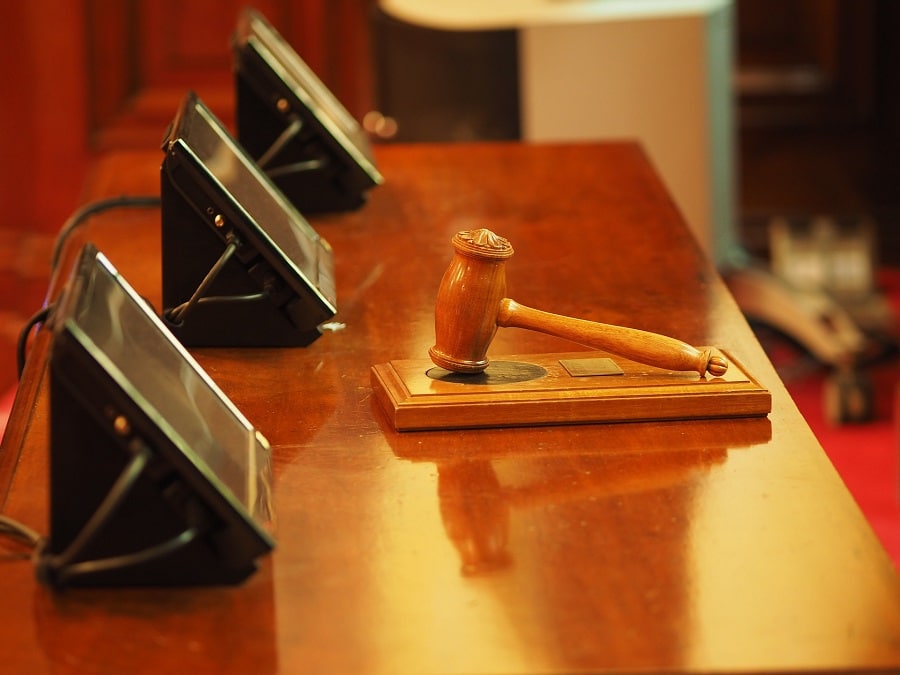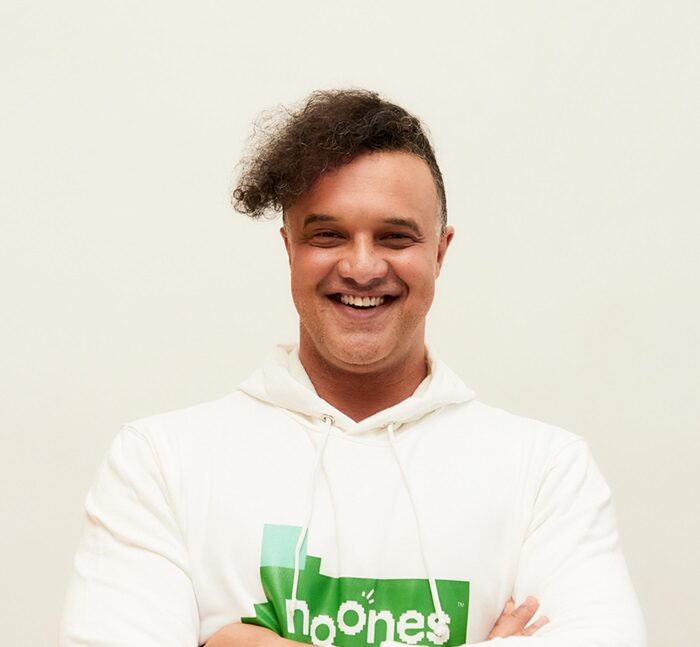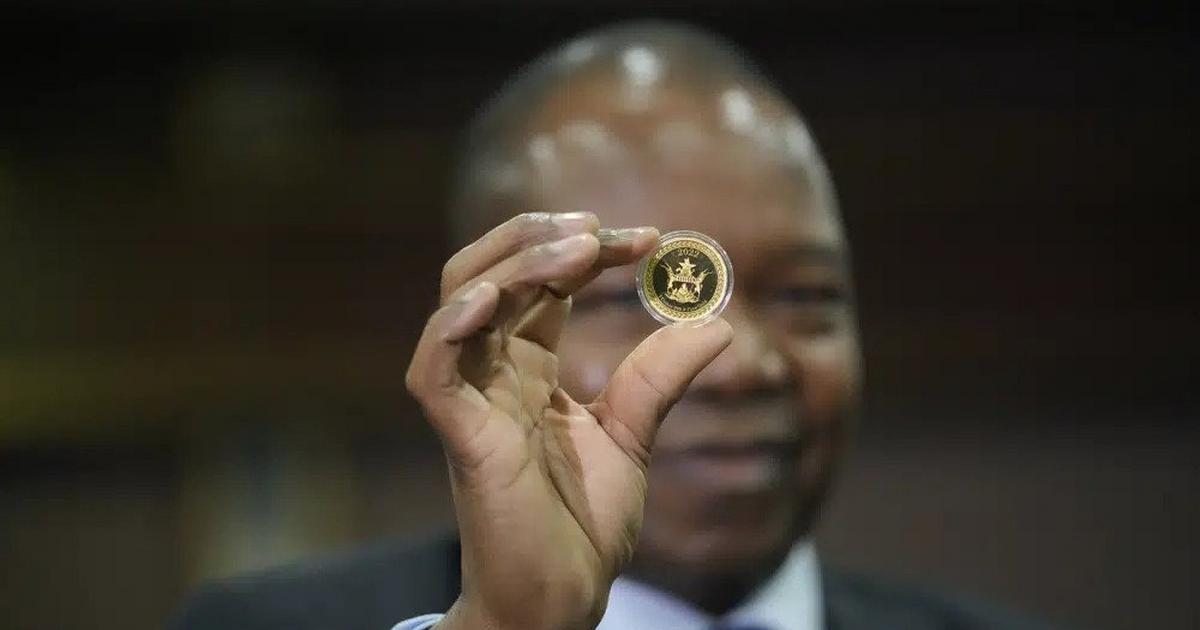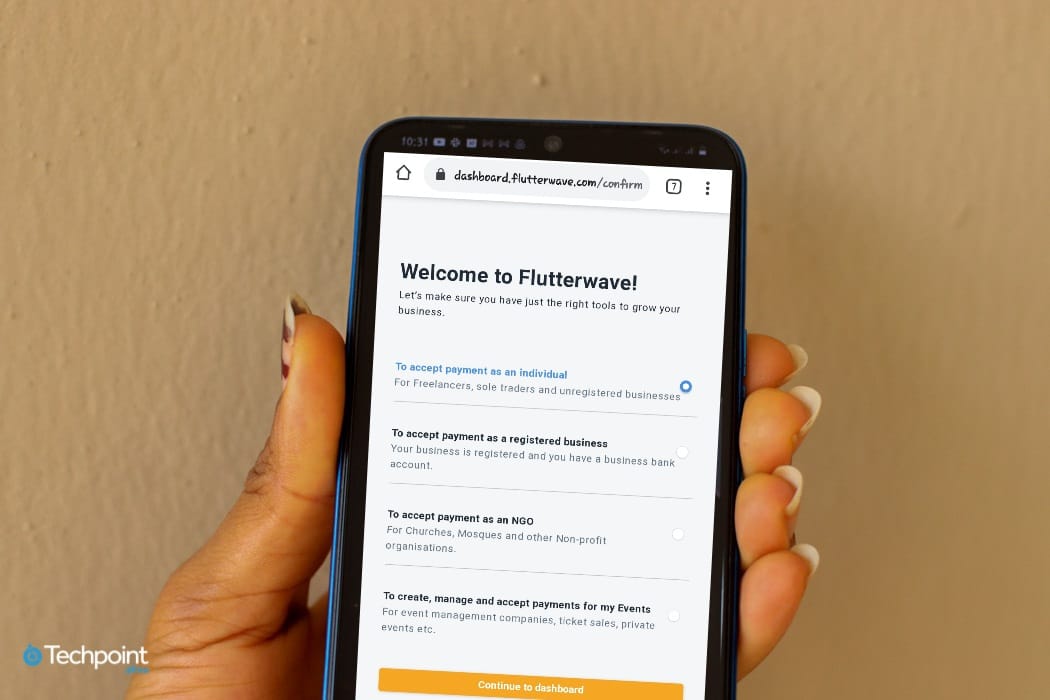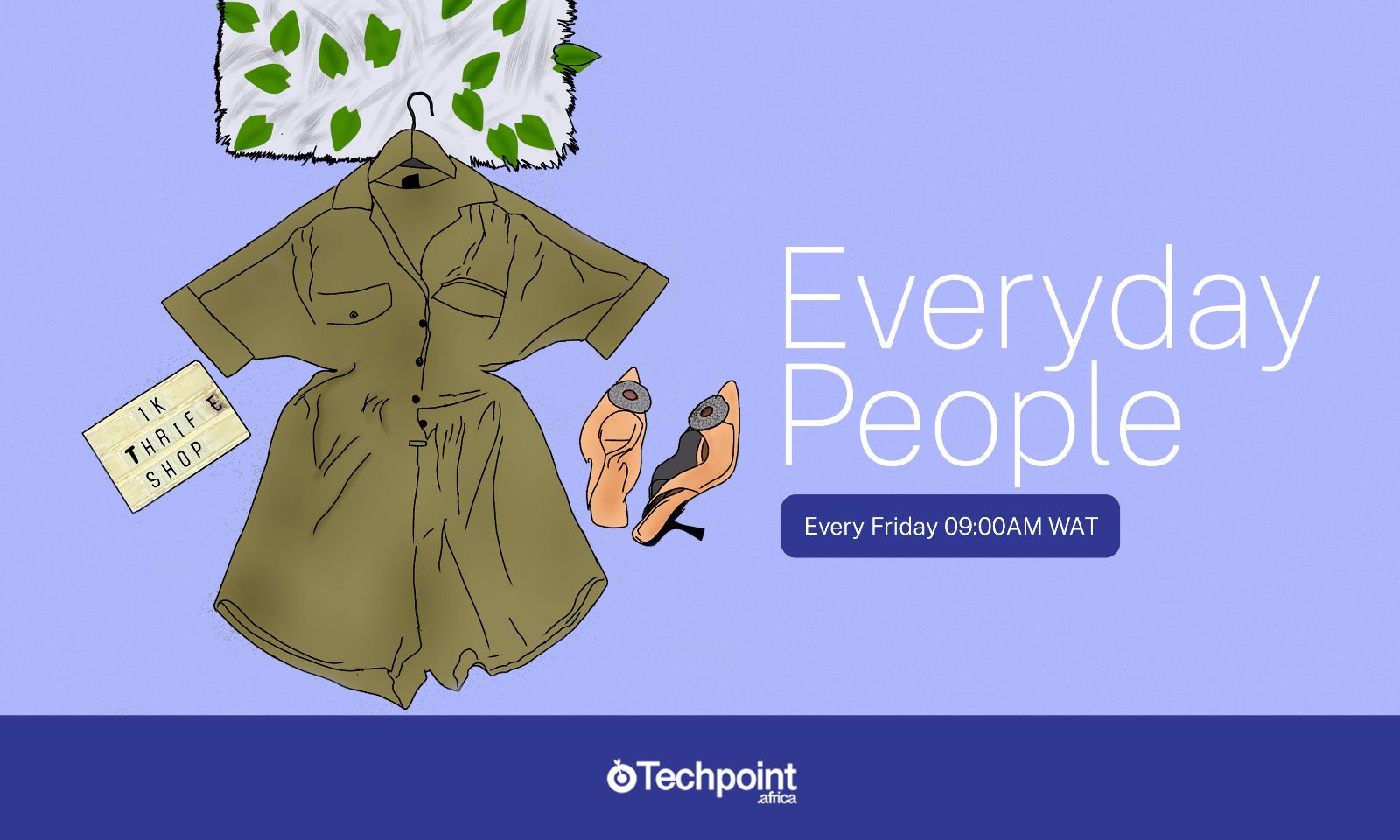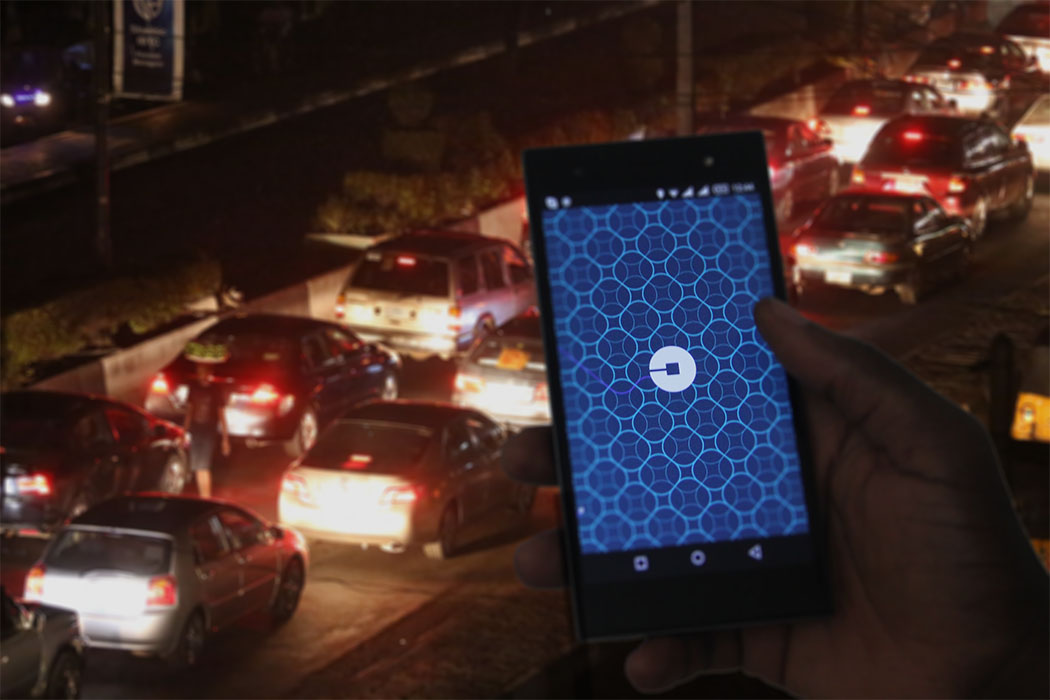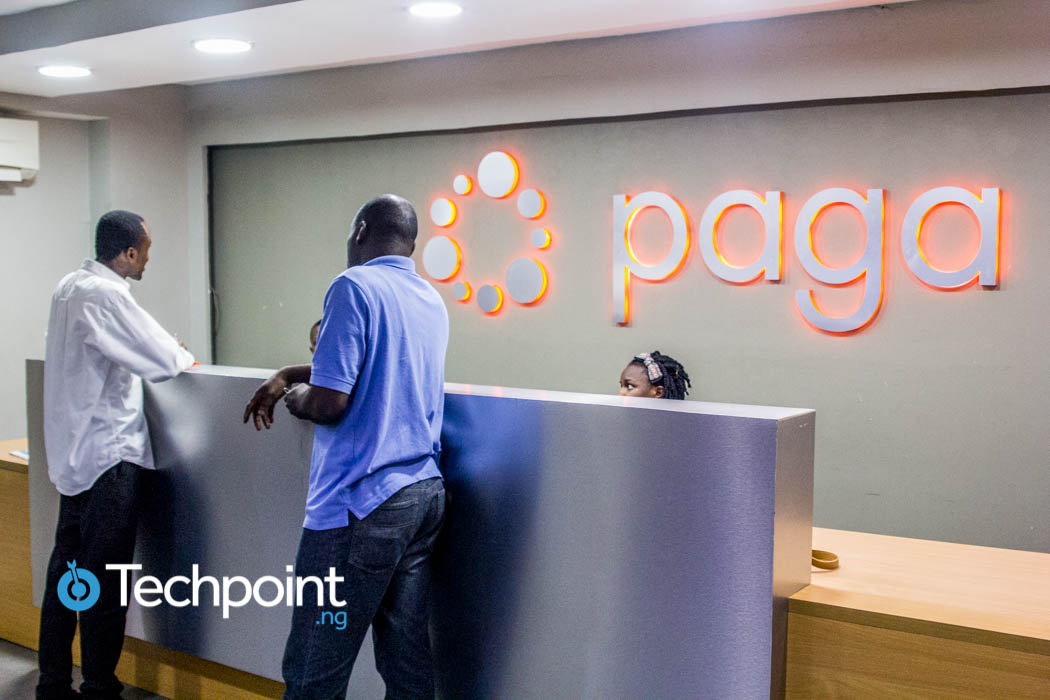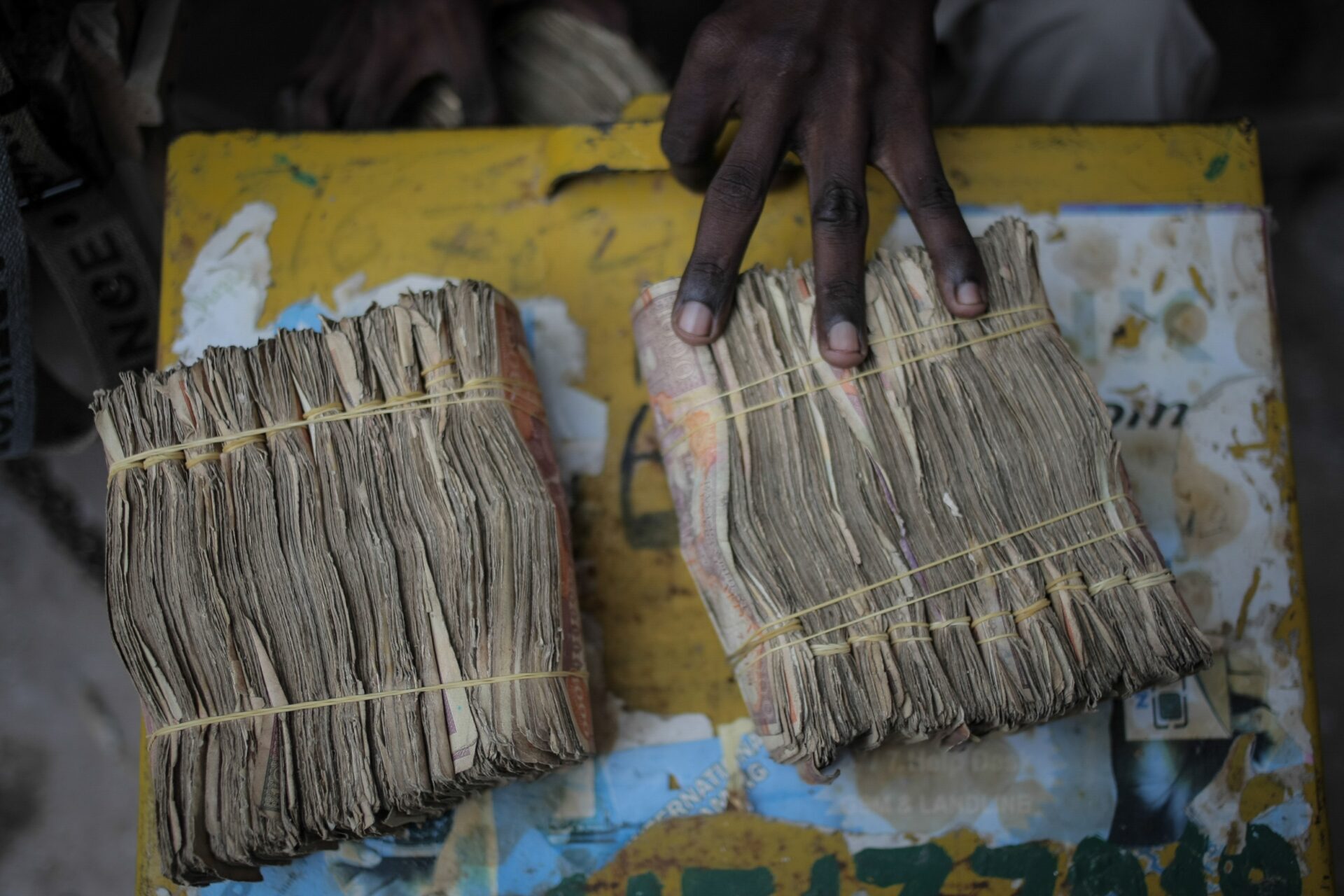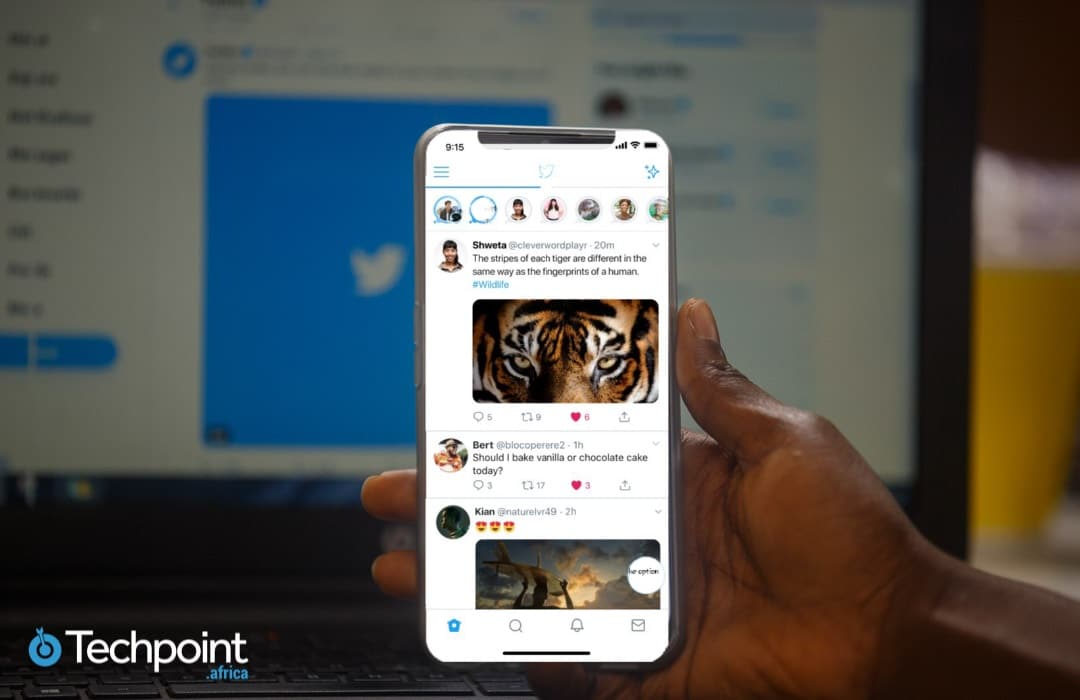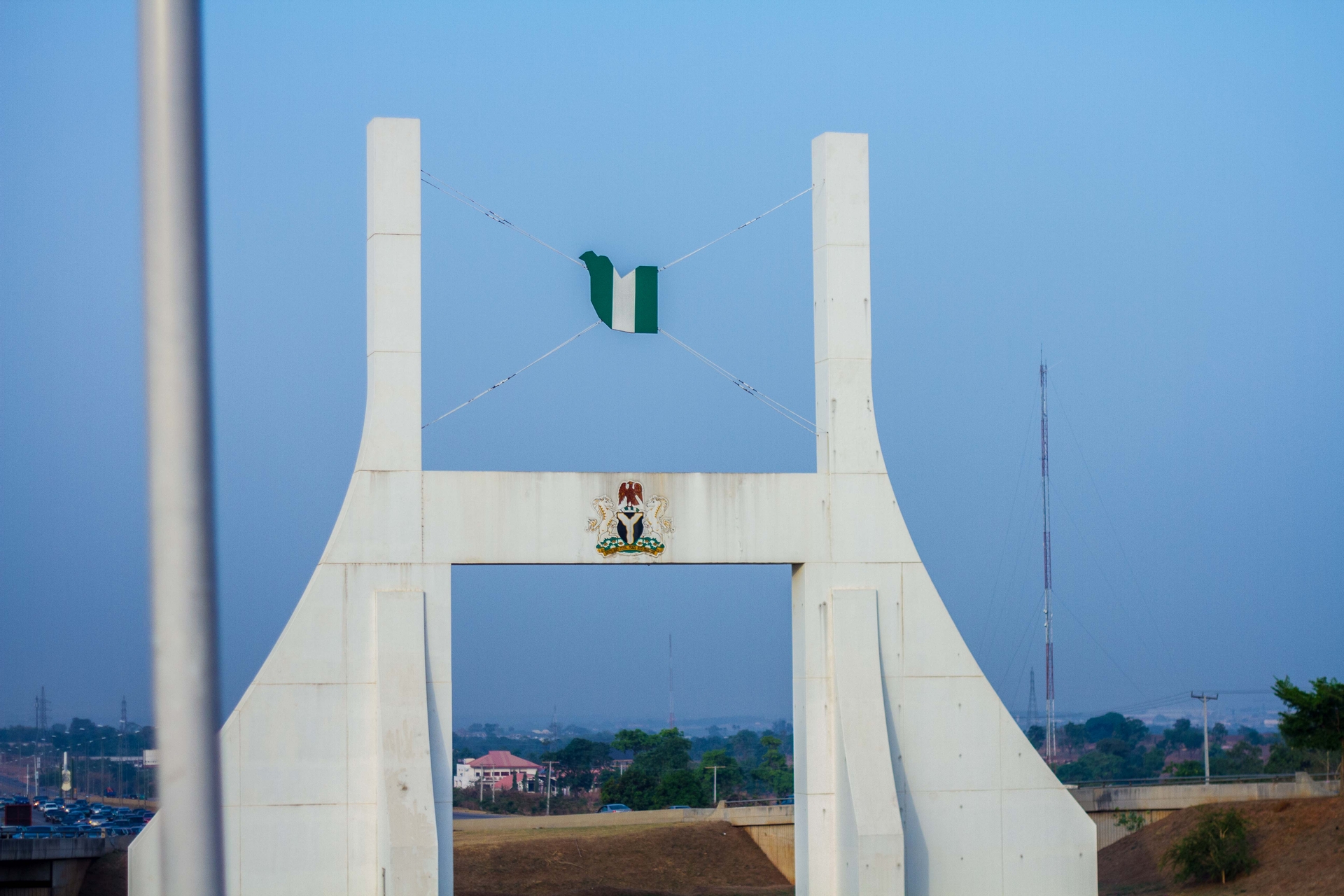It is no longer news that the Nigerian government has indefinitely banned Twitter's operations in the country.
This was disclosed by the Minister of Information and Culture, Lai Mohammed, on Friday, June 4, 2021. He also revealed the government's directive to the National Broadcasting Commission (NBC) to begin the process of licensing over-the-top (OTT) and social media platforms.
Since then, we've seen the Nigerian Communications Commission (NCC) instruct telcos to suspend access to Twitter.

In another statement released on Saturday, June 5, 2021, Garba Shehu, the President's Senior Special Assistant on Media and Publicity, cited the platform's role in disseminating false information and fake news as the rationale behind the ban.
He also advised disregarding the notion that the ban is a knee-jerk reaction to the deletion of a tweet made by the Nigerian President, Muhammadu Buhari.
The tweet in question, which referred to the Nigerian Civil War, was removed by Twitter for violating its policy on referencing mass murders, violent events, or specific means of violence where protected groups have been the targets or victims.
This is not the first time the government has attempted Internet censorship. It had gone the expected legislative route in 2019 with the "social media bill", which was outrightly rejected by Nigerians.
The bill is officially titled “Protection from Internet Falsehoods and Manipulations and Other Related Matters Bill 2019” and prescribes a ₦300,000 ($730) fine or a jail term of up to three years for persons spreading false information or that which could affect the nation's security and relationship with other countries.
Because it was perceived to be a gag on citizen's right to freedom of expression as enshrined in the Constitution, it received a lot of backlash from the Nigerian public. As of press time, the bill has not progressed further than the second reading stage.

Be the smartest in the room
Give it a try, you can unsubscribe anytime. Privacy Policy.
So far, discussions on Techpoint Africa have focused on the economic impact, a possible Internet firewall, and security issues arising from the use of VPN. However, this discourse will analyse the legal issues surrounding the government's decision.
Our chat with three lawyers — Co-founder, Tech-Hive Advisory, Ridwan Oloyede; Lead Advisor, Lawrathon, Enyioma Madubuike; and Tech Lawyer and Policy Consultant, Timi Olagunju, — is detailed below.
Is the ban legal?
All three lawyers agree that the ban is illegal.
According to Oloyede, the ban is "an attack and suppression of the freedom of expression guaranteed under the Constitution and other international human right norms that Nigeria is a party to."
This right to freedom of expression as contained in Section 39 of the Constitution of the Federal Republic of Nigeria 1999 (as amended) provides for freedom to hold an opinion and to receive and impart ideas and information without interference.
A 2016 United Nations (UN) resolution on the promotion, protection, and enjoyment of human rights on the Internet guarantees the protection of human rights — particularly, freedom of expression — offline and online. A resolution confirmed by Oloyede to have been supported by Nigeria.
Other international treaties which expressly provide for this right include the African Declaration on Internet Rights and Freedom, the UN Universal Declaration of Human Rights, and the International Covenant on Civil and Political Rights, all of which Nigeria is a party to.
To put all of this in context, the Constitution is regarded as the "grundnorm" of all laws in Nigeria. The law from which all other laws, policies, regulations, and guidelines draw their legality. If any of these in any way deviate from the spirit of the Constitution, it cannot stand.
As Olagunju puts it, these international treaties/conventions are meant to promote rather than restrict this right. The only condition for restriction is where it is expressly provided for by law or as a matter of national security, public order, or the reputation of others. This is also contained in Section 45 of the Constitution.
According to Oloyede, the conditions for derogating from human rights under the constitution were not met.
"An executive decision cannot be considered a law reasonably justified in a democratic society. As we speak, there is no legislation from the National Assembly prohibiting the use."
As Madubuike puts it, "There are processes provided for actions that would impact citizens' rights; this unilateral action has been done without any due process. None."
Other aspects to consider under this heading involve the declaration made by the Attorney General of the Federation (AGF) and Minister of Justice, Abubakar Malami, which effectively orders the prosecution of anyone found using Twitter.
Nigerian law clearly states that no one can be prosecuted for a crime that is unknown to law.
According to Madubuike, "Tweeting is not a crime. The fact that a minister says otherwise does not make it so. Crimes are created by specific laws made by lawmakers, not by declaration of a Minister. We are still a constitutional democracy despite all appearances otherwise."
NBC, Ministry of Information and Culture, and its powers
The NBC, by virtue of its establishing Act, has regulatory powers in respect of broadcasting. This means that its purview is in relation to television and radio companies. This places the Commission under the aegis of the Ministry of Information and Culture, headed by Mohammed.
Therefore, in the context of Mohammed's proclamation, it seems he may have overstepped his bounds
Olagunju attributes the powers exercised by the MInister as likely being under the umbrella of the National Information Technology Development Agency (NITDA) as an agency with an Information and Communication Technology (ICT) framework under the purview of the Ministry for Communication and Digital Economy.
He also says that the directive regarding OTT and social media licences might be a back door to enacting the social media bill, which must be looked at in light of the National Assembly's oversight powers in that regard.
Other legal issues which have been raised include the use of videos and pictures gotten from Twitter as evidence in court. Both Oloyede and Olagunju agree that the Evidence Act of Nigeria is more concerned with the relevance of the evidence rather than its source.
Thus, a defense of a Twitter ban in such a scenario would not suffice.
What we may have to worry about is the Judiciary’s role and independence. Ordinarily, Nigeria practises the doctrine of separation of powers which, as Oloyede explains, means the Executive, Judiciary, and Legislature are independent bodies.
Several organisations such as the Socio-Economic Rights and Accountability Project (SERAP) and the Nigerian Bar Association (NBA) have made known their intentions to contend the legality of the ban in court.
While we know the ban is illegal, it is now up to the courts to give a decision.

